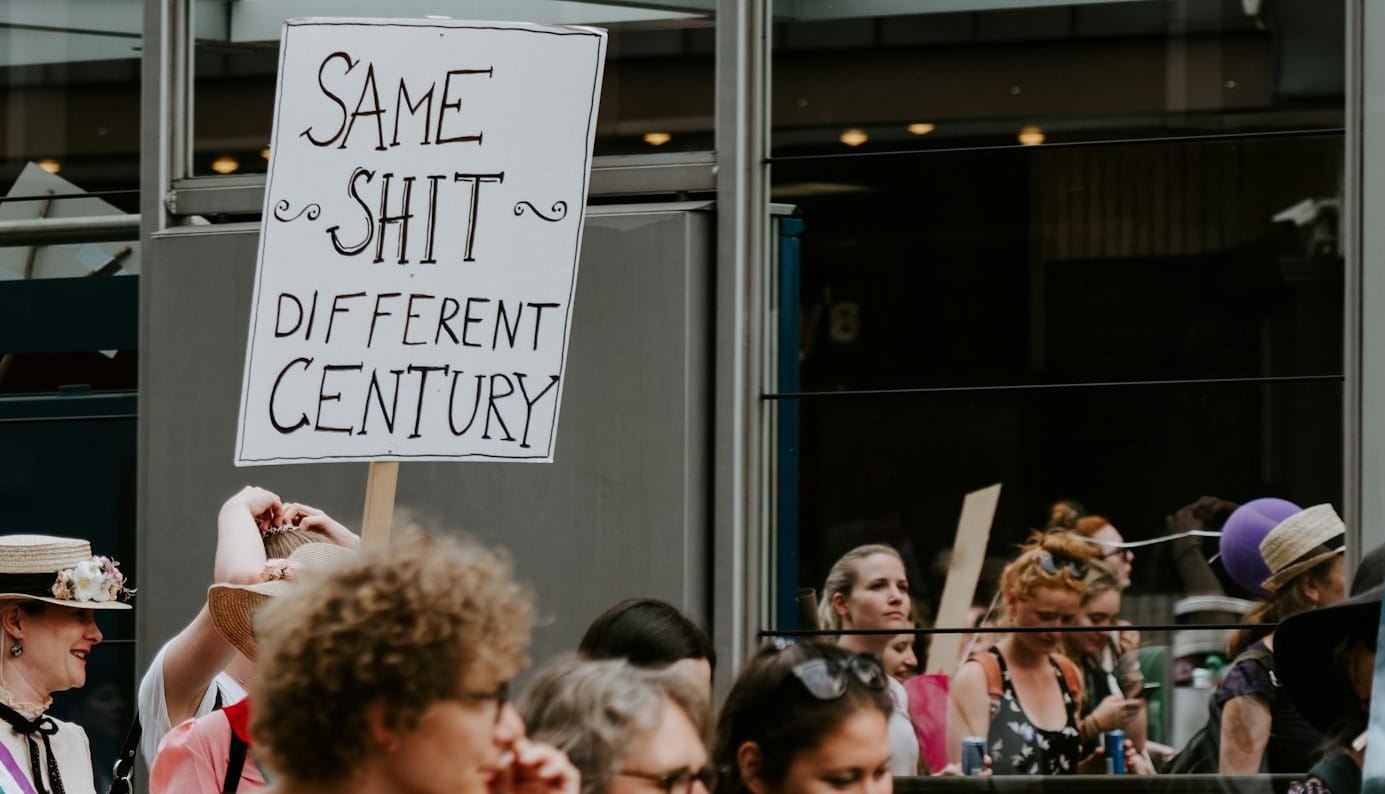For decades, the debate over sex work in Ireland has revolved around moral frameworks, political obstructions, and legal reforms that silence the voices of those most affected.
Fortunately, beneath this national discussion, a growing movement and network of local organisations, sex-worker-led groups, and community activists are pushing for evidence-based harm-reduction strategies and genuine protections.
In this article, we’ll reveal how this effort uncovers a more powerful roadmap grounded in safety and agency being devised by sex workers themselves.
Local organisations leading the call for full decriminalisation
Across Ireland, grassroots groups are leading the charge towards unravelling harmful sex work legislation to replace it with rights-based approaches. Sex worker groups are out front, insisting that those most directly impacted must shape the laws governing their lives.
The organisations highlight how criminalisation, through targeting sex work users, brothel rules, and immigration controls, undermines safety. Instead, they push for sex workers to be recognised as experts of their own safety and working conditions, in a move away from being objects of policy, in effect having the law ‘done to them’.
Sex workers reframing the narrative
The movement is driven by the voices of sex workers who won’t be spoken for. Publicly shared stories help. Some women share their realities anonymously, while others proudly speak under their names.
One woman explains how decriminalisation would not only change her legal status, but restore her sense of dignity: “It means I’m seen as a human being with rights, not something to be hidden”.
Others describe how peer-led training and mutual support gave them the confidence to refuse dangerous clients and insist on boundaries they wouldn’t have felt confident to enforce previously.
With these testimonies, a pattern is revealed: empowerment comes not only from protection against violence, but the right to make informed choices and negotiate safety through autonomy.
Informal support networks are the infrastructure of safety
As formal institutions often treat sex workers with moral judgement, suspicion, and something uncomfortable to be swept under the rug, most of the protection in the Irish industry is community-led.
Workers in the industry rely on safe communication channels. These include private messaging groups, encrypted chats, and reputation systems where workers can share real-time information about dangerous clients, scams, and Garda activity. These digital networks act like a local firewall—faster, more accurate, and more trusted than official channels.
Safety plans are often collaborated on. Check-ins between workers, safety plans, location sharing, and emergency procedures all limit risk. These may look like common workplace safety measures, but they’re operated informally and based on mutual trust and necessity.
Peer mentorship, where experienced sex workers take newcomers under their wing and coach them on negotiation, consent, and boundaries, counteracts the knowledge gaps caused by laws isolating workers from each other physically. This is just another example of an area where sex workers already run harm-reduction practices, even without institutional backing.
Technology as a safety measure
Workers increasingly rely on digital tools for safety, including:
- Bad client databases - maintained collectively.
- Client verification systems - so workers can check identities before accepting bookings.
- AI document storage - of client details, securely stored in case of emergencies.
- App buddy systems - to alert trusted contacts when someone hasn’t checked in.
Some legal provisions actually undermine these efforts, especially when the fear of surveillance and seizure of phones discourages workers from keeping safety records. Yet, the community must continue to innovate to guard their wellbeing when the state fails to provide adequate alternatives.
Self-defense is an everyday practice
Self-defence doesn’t only mean physical strategies:
- De-escalation skills are crucial
- Verbal boundary-setting scripts ease tension
- Situational awareness training provides context
- Carrying legal safety tools provides reassurance
- Knowing how to exit a situation safely is key
Workers constantly stress that these methods should not be necessary, but as we’re living in a world where institutional protection is unforthcoming, they’re essential. Here’s how one worker puts it: “We have to be our own Garda, our own lawyer, and our own safety net. No one else is coming.”
Why institutions ignore these practices - and why this MUST change
Yes, sex workers have sophisticated protection systems, but official policy from lawmakers rarely acknowledges them, preferring to gloss over their necessity.
This arises from:
- Moral discomfort - at the naked truth that sex work is labour
- Fear - that acknowledging these common practices legitimises the profession
- Damaging stereotypes - that perpetuate women as victims
- Policy frameworks - designed without sex workers’ input
When the system ignores these safety frameworks, they remain in the shadows. This leads to them being unrecognised, unsupported, and even criminalised.
The movement is designing its own future
Local organisations and sex worker activists agree that real safety will only be in place when sex workers’ knowledge is treated as expertise.
They campaign for:
- Full decriminalisation of consensual adult sex work
- Protection for safety practices, e.g., working in pairs
- Legal recognition of peer support models
- Immigration reforms for migrant workers
- Funded, non-judgmental support services
- Meaningful consultations with sex workers on all policy
A new story of community and a brighter future
The Irish sex worker environment reveals a global truth, excluded from discussions on the subject, that is: sex workers are not passive victims, but active collaborators for their own safety and advocates of their lived knowledge.
Informal networks, technological safety tools, and knowledge create a powerful path forward where sex workers refuse to feel unsafe or invisible.
It's by building their own systems of protection and telling their stories that sex workers reshape the national conversation about rights, dignity, and justice. With their work, we can look to the future with hope that sex work policy will be grounded in harm reduction rather than moral outrage, and that the people who are impacted most by the law help shape it for the better.

